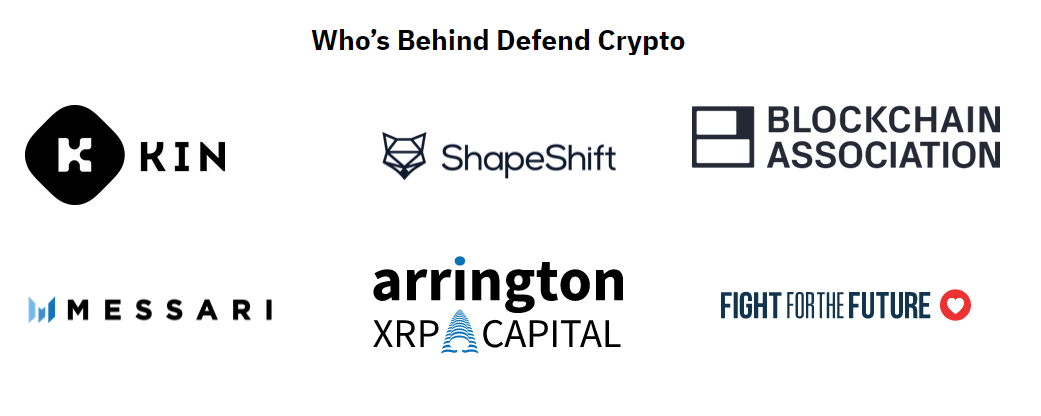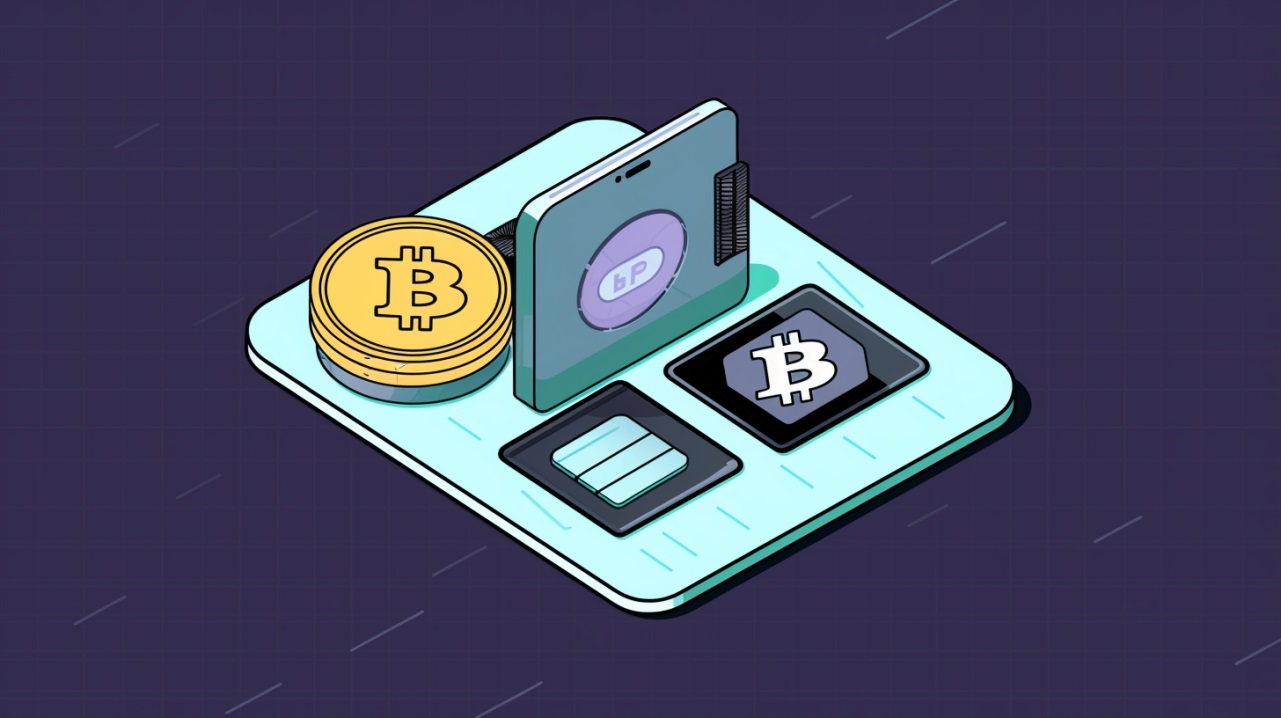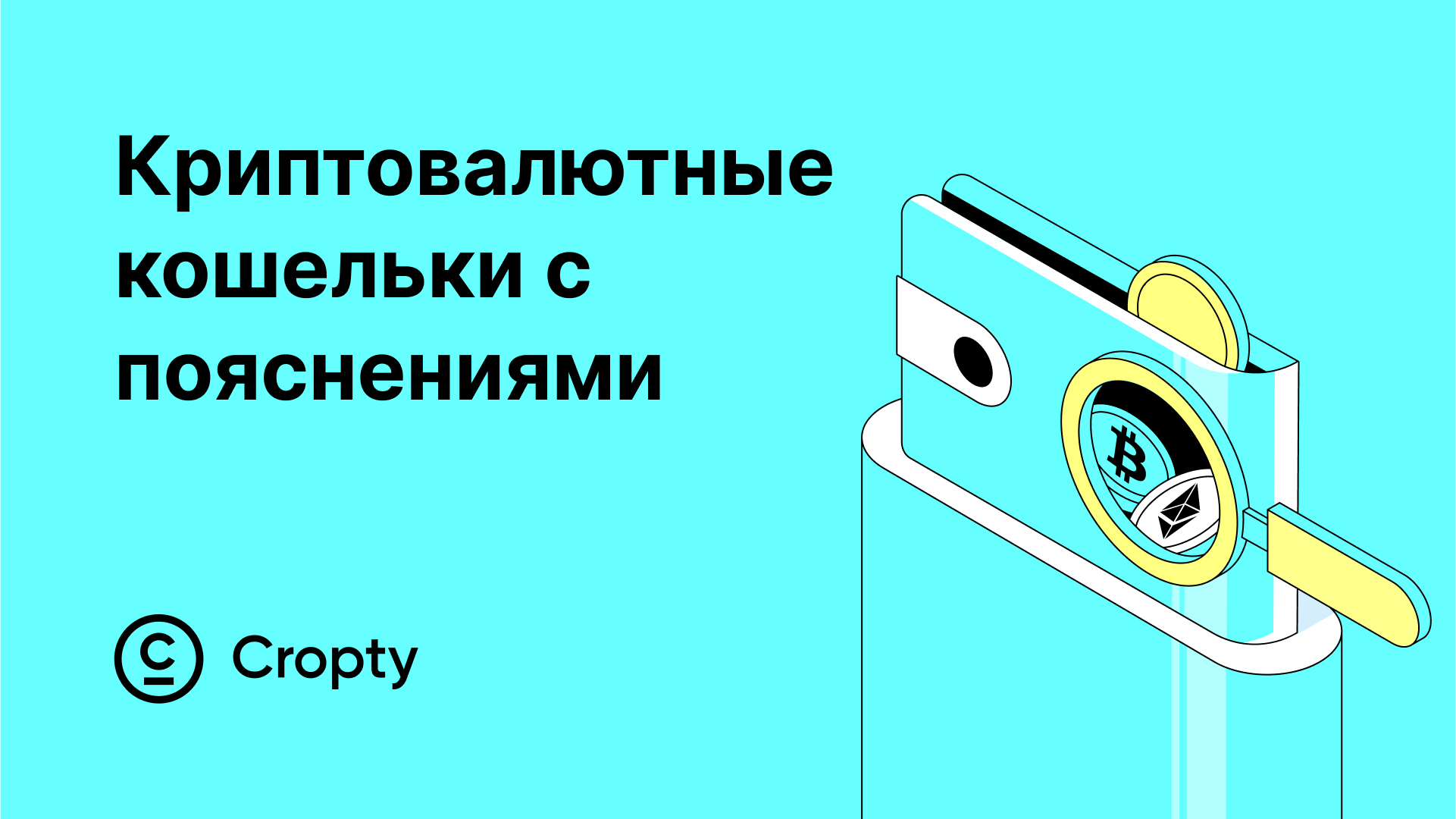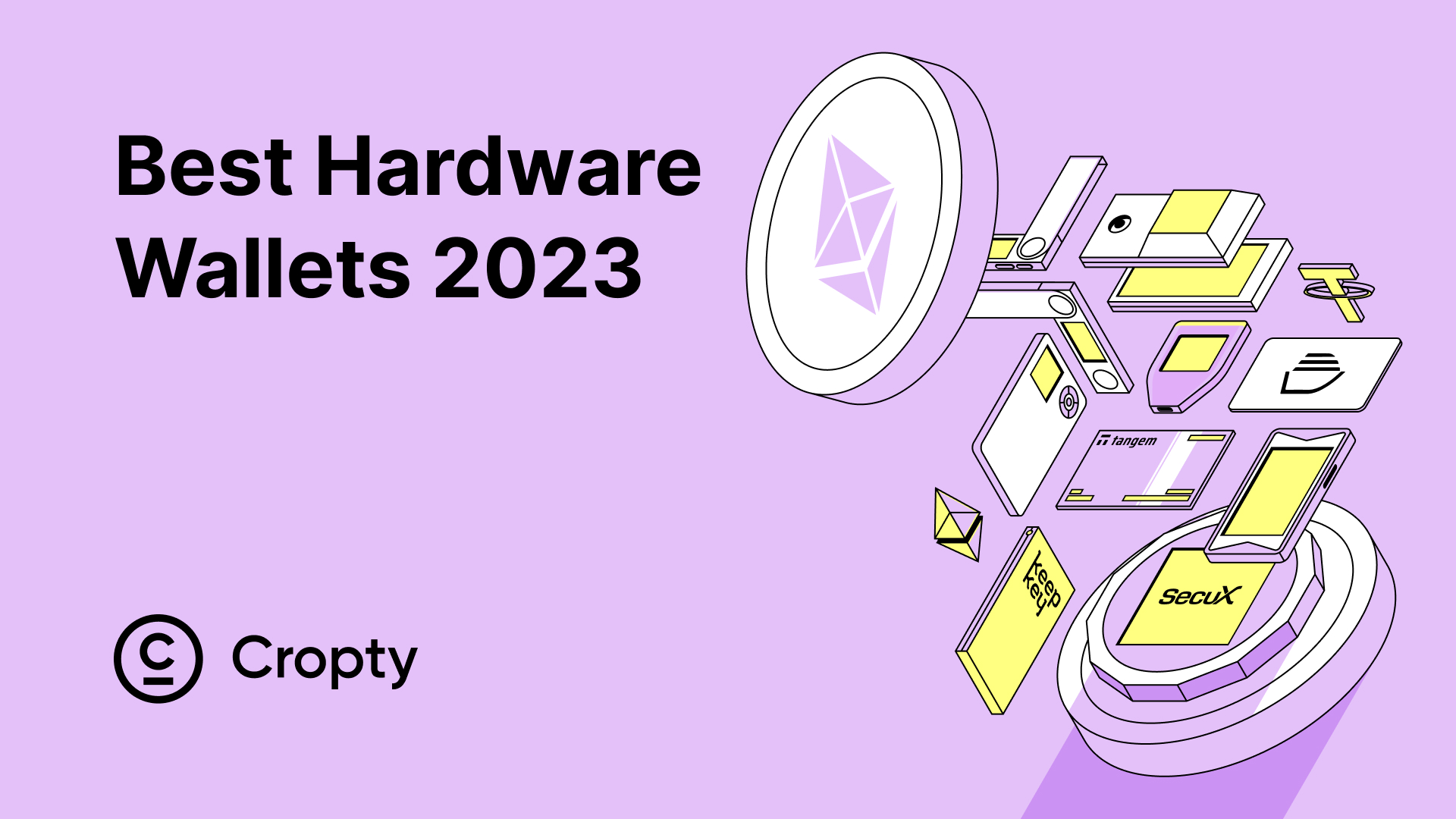In a bold move to challenge the U.S. Securities and Exchange Commission (SEC), messaging app Kik has launched a crowdfunding campaign aiming to raise $5 million for its legal battle. The controversy stems from the SEC's claim that Kik's initial coin offering (ICO) in 2017 violated securities laws. Kik's decision to fight back through crowdfunding is seen as a significant step in the ongoing debate over the regulation of cryptocurrencies and their offerings. With both support and opposition to Kik's campaign, the outcome of this legal battle could have far-reaching implications for the crypto industry as a whole.
Crowdfunding Campaign Raises $5M to Defend Crypto Against SEC In a bold move to challenge the U.S. Securities and Exchange Commission (SEC), messaging app Kik has launched a crowdfunding campaign aiming to raise $5 million for its legal battle. The controversy stems from the SEC's claim that Kik's initial coin offering (ICO) in 2017 violated securities laws. Kik's decision to fight back through crowdfunding is seen as a significant step in the ongoing debate over the regulation of cryptocurrencies and their offerings. With both support and opposition to Kik's campaign, the outcome of this legal battle could have far-reaching implications for the crypto industry as a whole. This grassroots effort highlights the growing importance of individual involvement in defending the future of crypto. By participating in the campaign, users are taking a stand for a decentralized financial system and sending a message that they will not be deterred from using and developing crypto technologies. The ability to defend your crypto wallet and its contents is a core tenet of the cryptocurrency revolution, and Kik's crowdfunding campaign is a powerful illustration of this principle.
Kik Takes on SEC with $5M Crowdfunding Campaign
Kik, a popular messaging app, has launched a bold initiative to challenge the U.S. Securities and Exchange Commission (SEC) by launching a crowdfunding campaign. The objective of this campaign is to raise $5 million to support Kik's legal battle against the SEC's classification of their cryptocurrency, Kin, as a security.
The Kik crowdfunding campaign to take on the SEC is a game-changing move for the cryptocurrency industry. This bold initiative not only showcases Kik's determination to fight for regulatory clarity, but it also empowers the community to actively participate in shaping the future of digital currencies. By mobilizing their user base and raising funds through crowdfunding, Kik is demonstrating the power of decentralized decision-making and the potential for collective action in the face of regulatory challenges. This campaign serves as a catalyst for innovation, encouraging other blockchain projects to explore alternative avenues for legal battles. Kik's proactive approach highlights the need for dialogue and cooperation between regulators and industry players to foster a more conducive environment for cryptocurrency development. The success of this crowdfunding campaign will not only impact Kik's legal fate but will also set a precedent for how cryptocurrency projects can navigate regulatory hurdles. It is a testament to the resilience and resourcefulness of the crypto community, and I am excited to witness the potential outcomes of this groundbreaking initiative.
Background of the Controversy
The controversy surrounding Kik's crowdfunding campaign and its battle with the U.S. Securities and Exchange Commission (SEC) stems from the SEC's claim that the Kin token, which was launched by Kik, should be classified as a security. This classification has significant implications for the cryptocurrency industry as a whole.
The SEC argues that the Kin token, which was sold to investors during Kik's initial coin offering (ICO), meets the criteria of a security under the Howey Test. According to this test, an investment contract is considered a security if it involves an investment of money, in a common enterprise, with an expectation of profits solely from the efforts of others. The SEC believes that investors in the Kin ICO were essentially purchasing a security and should have been subject to securities regulations.

Kik, on the other hand, vehemently disagrees with the SEC's classification of the Kin token. The company argues that the Kin token is not a security but rather a utility token, which is used within the Kik messaging app as a form of digital currency. Kik maintains that the main purpose of the Kin token is to facilitate transactions and interactions within its ecosystem, rather than serving as an investment vehicle.
This disagreement between Kik and the SEC has led to a legal battle, with Kik launching a crowdfunding campaign to raise funds for its legal defense. The campaign, which aims to raise $5 million, has garnered support from various industry players who believe that the outcome of this case could have far-reaching implications for the entire cryptocurrency industry.
It is important to note that Kik's crowdfunding campaign is not merely a means to raise funds for legal fees, but also a way to engage the broader cryptocurrency community in supporting the fight against what Kik perceives as an overreach by the SEC. The campaign allows individuals to contribute to the cause and show their solidarity with Kik and the broader cryptocurrency industry.
While Kik has garnered significant support for its crowdfunding campaign, there are also those who oppose the initiative. Some argue that by resorting to crowdfunding, Kik is essentially asking the public to foot the bill for a legal battle that could have significant implications for the entire industry. They contend that Kik, as the issuer of the Kin token, should bear the responsibility and costs associated with defending its position.
The controversy surrounding Kik's battle with the SEC has implications not only for Kik and the Kin token but also for the broader cryptocurrency industry. If the SEC's classification of the Kin token as a security is upheld, it could set a precedent for other cryptocurrencies and ICOs, subjecting them to heightened regulatory scrutiny and potentially stifling innovation in the industry. On the other hand, if Kik successfully defends its position and establishes that the Kin token is a utility token, it could provide much-needed clarity and regulatory certainty for other projects in the space.
The controversy surrounding Kik's battle with the SEC highlights the ongoing struggle between regulatory authorities and the cryptocurrency industry. As an expert in this field, I have witnessed the increasing tension between innovative blockchain projects and traditional regulatory frameworks. The classification of tokens, such as the Kin token, as either securities or utilities is a crucial aspect that determines the legal and regulatory landscape for cryptocurrencies. Kik's crowdfunding campaign not only signifies the financial burden faced by companies challenging regulatory classifications but also showcases the importance of community support in shaping the future of the entire cryptocurrency industry. This case serves as a turning point, where the outcome will either establish a precedent that stifles innovation or provides regulatory clarity for the countless projects operating within the digital asset ecosystem.
Kik's Crowdfunding Campaign
Kik, a leading messaging app, has taken on the U.S. Securities and Exchange Commission (SEC) with a bold move - a $5 million crypto crowdfunding campaign. The campaign, which was launched on May 28, 2019, aims to support Kik's upcoming legal battle against the SEC regarding its ICO token, kin.
Support and Opposition
Support and opposition to affirmative action in the context of the ongoing controversy between Kik and the SEC can be found from various stakeholders within the cryptocurrency industry. These opposing viewpoints shed light on the complexities surrounding this issue.

Supporters of Kik's Crowdfunding Campaign
Supporters of Kik's crowdfunding campaign argue that it is a crucial step towards defending the crypto industry against what they perceive as overreach by the SEC. They contend that the SEC's regulatory actions have stifled innovation and hindered the growth of blockchain technology.
One of the main arguments put forth by supporters is that the SEC's strict regulations and enforcement actions have created a chilling effect on the development of new blockchain projects. They argue that Kik's crowdfunding campaign is a bold move to challenge the SEC's authority and protect the autonomy of the cryptocurrency industry.
Furthermore, supporters emphasize that Kik's campaign is not only about raising funds but also about raising awareness. They believe that by rallying the community and attracting media attention, Kik is spotlighting the need for clearer regulations and more accommodating policies that foster innovation while still protecting investors.
Opponents of Kik's Crowdfunding Campaign
Opponents of Kik's crowdfunding campaign express concerns about the potential risks and implications it may have for the broader cryptocurrency industry. They argue that Kik's defiance of the SEC could further erode regulatory credibility, potentially leading to increased scrutiny and stricter regulations.
One of the main oppositional viewpoints is that Kik's campaign sets a dangerous precedent by encouraging other projects to bypass securities regulations through crowdfunding initiatives. Critics contend that this could enable fraudulent schemes and expose investors to greater risks, ultimately damaging the reputation of the entire cryptocurrency ecosystem.
Moreover, opponents highlight the need for a balanced approach to regulation, pointing out that while the SEC's actions may have been heavy-handed in some cases, they are driven by the intention to protect investors from fraudulent or misleading offerings.
Diverse Perspectives and Debates
The support and opposition to Kik's crowdfunding campaign highlight the diverse perspectives and ongoing debates within the cryptocurrency industry. While supporters emphasize the need for regulatory clarity and room for innovation, opponents stress the importance of investor protection and responsible governance.
This controversy raises significant questions regarding the appropriate regulatory framework for the cryptocurrency industry. It underscores the challenges faced by regulators in balancing the need for investor protection and fostering innovation in a rapidly evolving and disruptive landscape.
As the debate continues, it is crucial for industry participants, regulators, and policymakers to engage in constructive dialogue and find common ground that addresses the concerns of all stakeholders. Only through such collaboration can the crypto industry move forward, navigate regulatory complexities, and unlock its full potential.
Having worked closely with both supporters and opponents of various crowdfunding campaigns in the cryptocurrency industry, I have witnessed firsthand the complexities surrounding support and opposition in this context. The ongoing controversy between Kik and the SEC is a testament to the divergent viewpoints and concerns within the industry. It is essential for regulators and industry participants to engage in constructive dialogue to strike a balance between fostering innovation and ensuring investor protection. The resolution of this controversy will shape the future regulatory framework for the cryptocurrency industry, and collaboration is key in unlocking its full potential.
Implications for the Cryptocurrency Industry
The ongoing battle between Kik and the SEC holds significant implications for the broader cryptocurrency industry. As other tokens and projects face similar regulatory challenges, they will closely observe the outcome of Kik's crowdfunding campaign, which has the potential to establish a precedent for future cases.
One key aspect that the outcome could shape is the future of cryptocurrencies themselves. The success or failure of Kik's fight against the SEC will influence how governments and regulators perceive and treat cryptocurrencies, potentially impacting their legality, acceptance, and regulatory framework.
Moreover, the centrality of cryptocurrencies, like Kik's Kin token, in the crypto-asset ecosystem raises concerns about market concentration and power. These vulnerabilities pose risks to the traditional financial system and the broader economy, underscoring the need for comprehensive policies to ensure financial integrity and consumer protection.
The use of cryptocurrencies has the potential to revolutionize financial transactions by facilitating fast and borderless transfers, reducing the reliance on traditional banking systems, and minimizing transaction costs. This could simplify international trade, promote global economic integration, and empower individuals in underserved regions.
However, the features that make cryptocurrencies attractive, such as privacy and anonymity, may also conflict with public interests. Instances of illegal activities, like tax evasion, highlight the need for striking a balance between privacy and compliance with regulatory frameworks.
Unlike traditional currencies and bank accounts, cryptocurrencies are not backed by a government or central bank. This lack of backing raises concerns about the stability and value of cryptocurrencies and the potential lack of investor protections. Transparent and comprehensive regulations are crucial to address these concerns and foster trust in the cryptocurrency industry.
Furthermore, the government's crackdown on crypto companies and the need for participants in the crypto market to meet regulatory requirements have highlighted the importance of satisfying regulators and complying with regulations. The outcome of the SEC's allegations against Coinbase, for example, could have far-reaching implications for the cryptocurrency industry.
While the regulatory landscape of the cryptocurrency industry is still evolving, increased awareness of the industry and blockchain technology has the potential to introduce new investment and liquidity options through traditional investments. This can lead to improved market stability and increased mainstream adoption.
It is essential to recognize the broader impact of cryptocurrencies on the global economy. Their potential to enhance transparency, revolutionize supply chain management, and strengthen data security has been extensively studied and documented. Governments and regulators must navigate the legal issues surrounding cryptocurrencies to ensure public interest and protect investors.
Ultimately, the implications of the Kik-SEC dispute extend beyond the immediate parties involved. The outcome will shape the regulatory environment, determine investor confidence, and influence the trajectory of the cryptocurrency industry as a whole.
The ongoing battle between Kik and the SEC serves as a pivotal moment for the cryptocurrency industry. The outcome of this dispute will not only establish a precedent for future cases but also shape the future of cryptocurrencies themselves. It is crucial for governments and regulators to strike a balance between ensuring financial integrity and fostering innovation in order to harness the full potential of cryptocurrencies. Transparent and comprehensive regulations will be instrumental in building trust and protecting investors. As the industry continues to evolve, increased awareness and understanding of blockchain technology can pave the way for improved market stability and mainstream adoption. The implications of this dispute extend far beyond the immediate parties involved, impacting the regulatory environment and the trajectory of the entire cryptocurrency industry.



















